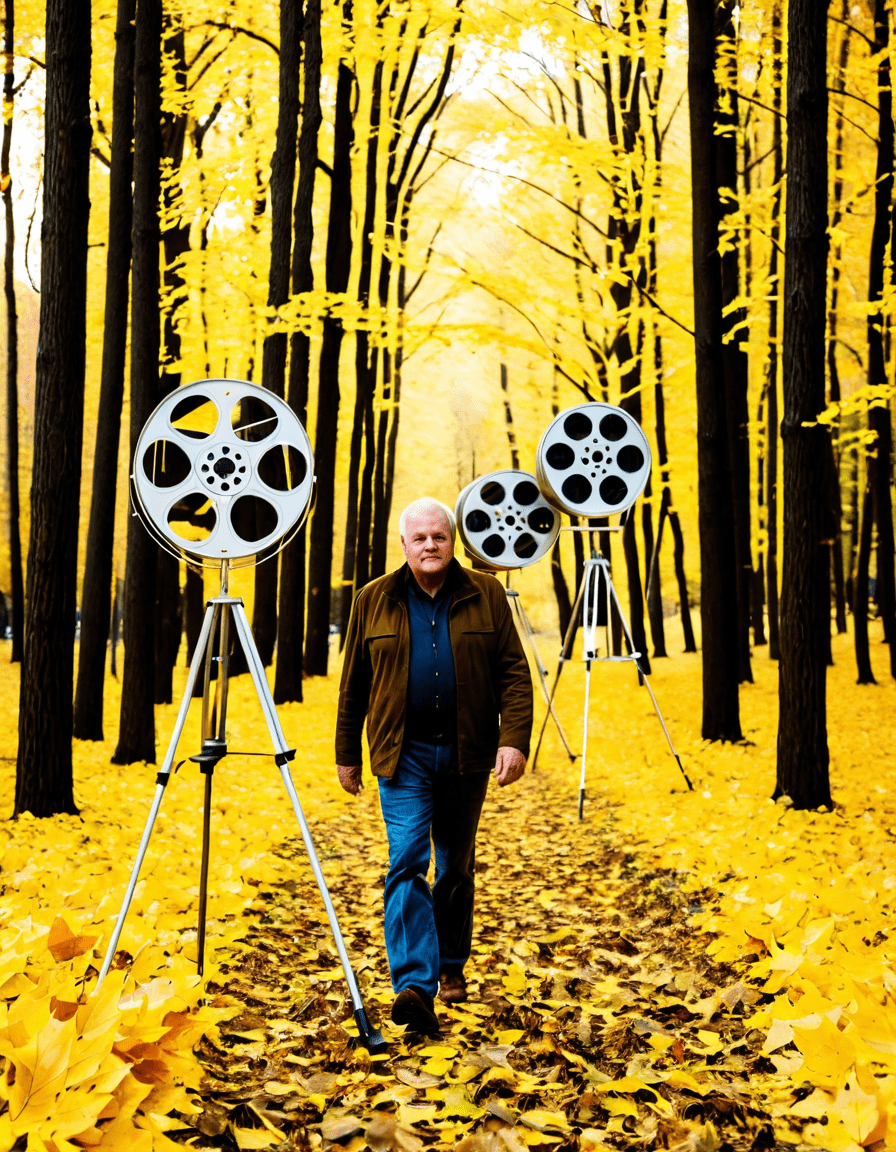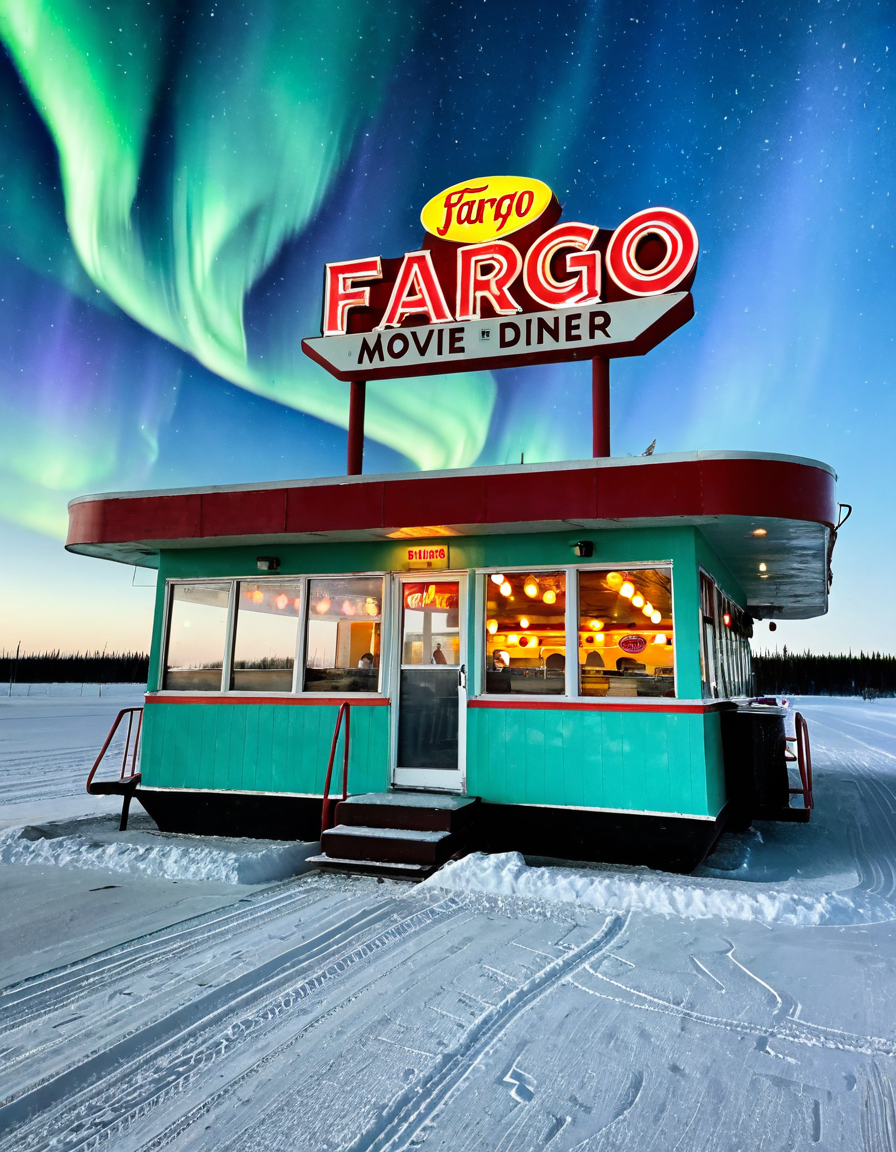The Apollo 11 mission stands as one of humanity’s greatest achievements, propelling us beyond the confines of Earth and marking a pivotal moment in history. On July 20, 1969, Neil Armstrong and Buzz Aldrin set foot on the lunar surface, forever changing our perspective on space exploration. The legacy of Apollo 11 doesn’t end with that momentous footprint; it reverberates through technological advancements, pop culture, and international cooperation that continues to shape our world today. Buckle up as we explore the far-reaching influences of Apollo 11, and prepare for your own journey through time and space!
Top 5 Ways Apollo 11 Influenced Future Space Exploration
1. Technological Advancements and Their Legacy
The technological feats achieved during Apollo 11 set the stage for countless innovations. The Apollo Guidance Computer, developed by NASA and MIT, was groundbreaking, laying the groundwork for today’s computers. This wasn’t just some old chunk of metal—it was an early marvel of software design and microchip technology that continues to inspire engineers. Imagine how we went from a rocket taking humans to the Moon to the smartphones and tablets we inventively carry today.
2. The Cultural Impact of Space Exploration: From ‘2001: A Space Odyssey’ to Reality
Stanley Kubrick’s 2001: A Space Odyssey, released in 1968, deeply impacted how audiences viewed space travel, coinciding perfectly with the Apollo 11 mission. The film’s imaginative technologies, from space stations to artificial intelligences, sparked a fire in the public’s imagination. This connection urged scientists and engineers to think creatively about what space could become, leading to real-life advancements that transformed our expectations. It was truly a case where Hollywood and reality walked hand in hand to inspire new ventures.
3. Lessons from Apollo 13: Overcoming Failure in Space Missions
The Apollo 13 mishap highlighted the significance of teamwork and problem-solving under pressure. Faced with a possible failure during their mission, the team on Earth and in space rose to the occasion. The ingenuity showcased during Apollo 13 has influenced NASA’s training and mission planning to this day. Whenever we watch a movie or show about astronauts, understanding how they navigate crises becomes critical in keeping the spirit of Apollo alive.
4. Inspiring New Generations: Space-Related Pop Culture Icons like Princess Leia
Characters like Princess Leia from Star Wars not only captivated audiences but also served as symbols of strength and leadership. These representations encouraged countless young viewers to aspire towards careers in science and engineering. The impact wasn’t purely fictional—those big dreams pushed kids into STEM fields and changed perceptions of what women could achieve in space exploration. The legacy of Apollo 11 can be seen in the way pop culture continues to inspire future leaders.
5. Collaborations and International Partnerships in Space Exploration
Apollo 11 demonstrated that incredible achievements are possible through international collaboration. The success of this mission prompted future projects like the International Space Station (ISS) and NASA’s Artemis program, where countries band together to explore the cosmos. This notion revolutionizes how we care about space exploration, bridging geopolitical divides and uniting humanity under a common goal—expanding our reach beyond Earth. It provides a sense of togetherness in the pursuit of knowledge that transcends borders.

The Major Milestones of Apollo 11: A Timeline
Early Planning Stages
The groundwork for Apollo 11 began in the early 1960s, inspired by President John F. Kennedy’s ambitious dream of landing a human on the Moon by the decade’s end. This planning faced various technical and financial challenges. Engineers, scientists, and astronauts worked tirelessly to turn vision into reality, ensuring that the mission would be feasible and safe.
The Launch
Apollo 11 lifted off from Kennedy Space Center on July 16, 1969, atop the Saturn V rocket—an engineering marvel that was the most powerful rocket ever crafted. The sights and sounds of launch day were nothing short of exhilarating, as everyone around the world held their breath, waiting to witness history unfold.
Lunar Landing
On July 20, 1969, Armstrong and Aldrin landed in the Sea of Tranquility, while Collins orbited above. Armstrong’s famous words, “That’s one small step for man, one giant leap for mankind,” echoed through the hearts of millions, marking a significant milestone not just for America but for all of humanity.
Scientific Discoveries on the Moon
The astronauts returned to Earth with 47.5 pounds of lunar rocks and soil, igniting groundbreaking scientific inquiries. These samples enhanced our understanding of the Moon’s geology, offering insights into its formation. Each rock told a story, allowing scientists to dive deeper into the mysteries of our solar system.
Safe Return
Apollo 11 gracefully returned to Earth on July 24, 1969, fulfilling Kennedy’s vision. The mission sparked interest in further lunar explorations and expanded our understanding of human endurance in space. It reminded us of both our fragile existence and our incredible capacity for achievement.
Lasting Legacy of Apollo 11: Impacts on Society and Technology
The Apollo 11 mission not only redefined the possibilities of space exploration but also significantly influenced everyday technologies. Innovations developed during this period found their way into various consumer products, including:
Apollo 11 united people across the globe, inspiring waves of curiosity and determination. It taught us that with ambition and creativity, the sky isn’t the limit.

The Moon and Beyond: The Apollo Spirit Continues
The spirit of Apollo 11—its courage, innovation, and thirst for knowledge—continues to ignite a new generation’s fascination with exploration. As we set our sights on Mars and beyond, the lessons learned from Apollo 11 remain essential. Each step taken into the unknown is both a tribute to past generations and an inspiration for future exploration.
So, whether you’re looking at the moon tonight or catching up on a classic such as 2001: A Space Odyssey, remember that the world of exploration is a journey spinning outward from that tiny footprint left on the lunar surface. The Apollo legacy lives on, reminding us that exploring the cosmos is a shared dream that connects us all.
With such an extensive influence, Apollo 11 redefined our relationship with space. It unlocked possibilities, reaffirmed cultural connections, and paved the way for collective advancements—a testament to what humanity can achieve when we dare to dream.
Apollo 11: The Journey That Changed History
Quick Facts About Apollo 11
Did you know that the Apollo 11 mission, which landed humans on the Moon for the first time, launched from Cape Kennedy (now Cape Canaveral) on July 16, 1969? The spacecraft was packed with groundbreaking technology, but the mission’s success hinged on teamwork and a little bit of luck. Interestingly, the astronauts had special training, including simulations that involved crafting intricate wooden models of the lunar module. Talk about a hands-on experience that would make anyone reminisce about classic toys like a mannequin!
As the mission unfolded, the astronauts—Neil Armstrong, Buzz Aldrin, and Michael Collins—were lauded as heroes. Their bravery and determination inspired millions. It’s fascinating to consider how these pioneers made the journey in a time with far less advanced tech compared to today. While we now have cheap air travel options, like those offered by Norse Airlines, getting to the Moon was a whole different ball game! Just imagine explaining to someone today that you’re leaving Earth for a week-long trip to the Moon. Wouldn’t that sound as fictional as a dinner date with Captain America from “Captain America: Civil War”?
The Legacy of Apollo 11
The legacy of Apollo 11 runs deeper than just landing on the Moon. The mission sparked a surge in innovation that influenced various sectors, including space exploration and technology. In fact, many of today’s conveniences, from smoke detectors to similar sensors, originated from developments made during this era. It’s almost like the cosmic equivalent of how Ronaldinhos dazzling soccer skills inspired countless young players worldwide. Speaking of inspiration, Armstrong’s famous quote—“That’s one small step for man, one giant leap for mankind”—sums up the significance of the occasion.
Additionally, the Apollo program directly contributed to the notion of “going beyond limits,” affecting various fields, including everything from earth sciences to health. It’s kind of like the impact that a beloved local eatery, like Dominick ‘s , can have on a community. The excitement around Apollo 11 also found its way into pop culture. For example, the captivating moment when Armstrong first set foot on the lunar surface transcended generations. You can think of it as the equivalent of an exciting plot twist in a movie like Jexi—catching everyone off guard and making them cheer!
Apollo 11 not only marked a significant milestone in human history; it continues to inspire curiosity and wonder. It reminds us that when we aim high and work together, we can accomplish the extraordinary. And let’s not forget the trivia of the 839 area code, officially designated to cover a wide area rich in stories and communities—much like the countless ones inspired by the success of the Apollo missions. Just like a captivating tale of a hot step mom in a film, the story of Apollo 11 is one we’ll remember for generations to come!






















